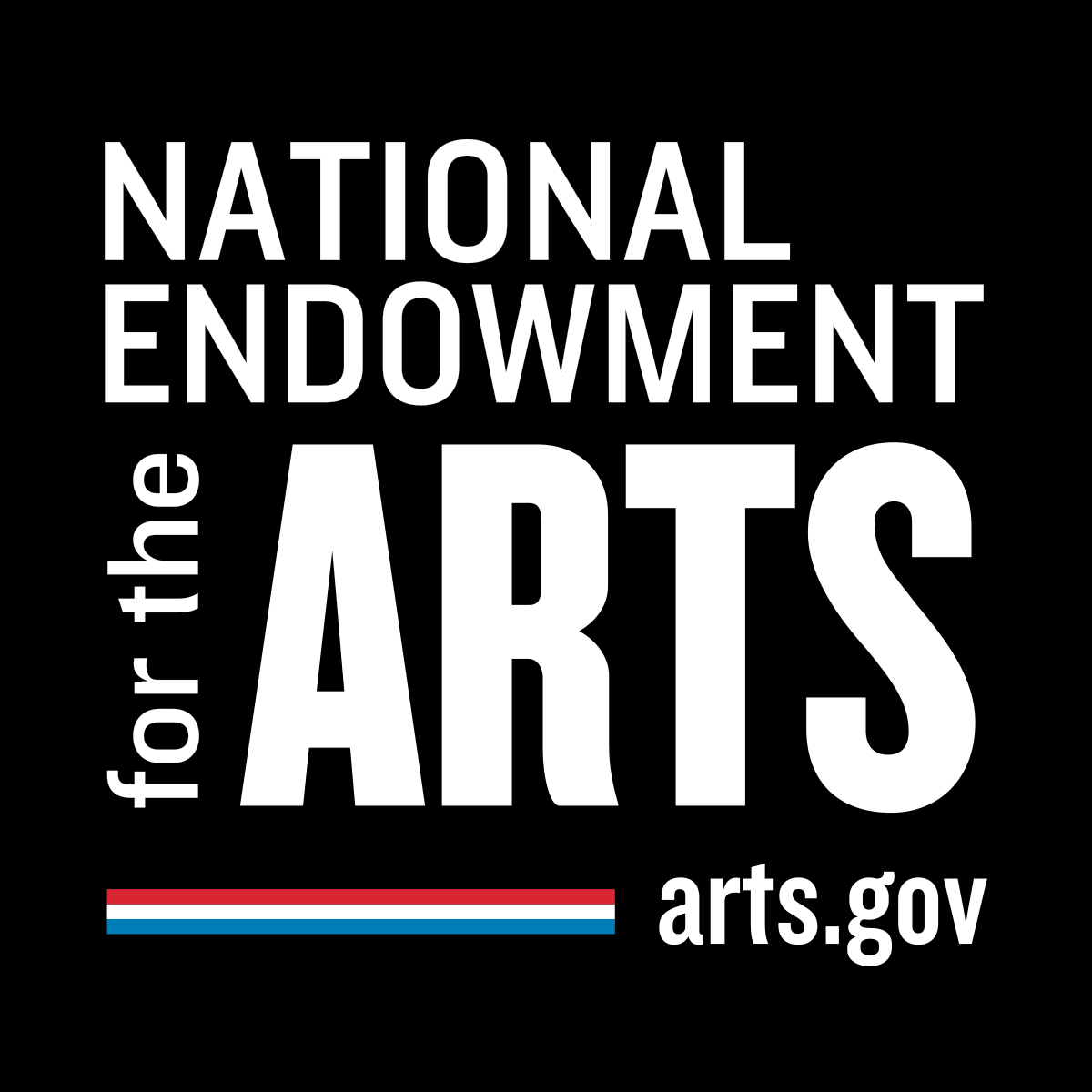Happy March, puppets fans! Our Puppets Around the World series continues this week with a very special performance of "Kasper and Fritzi" by Sandglass Theater, passed down from mother to daughters. Go behind-the-scenes of the show with performers and sisters, Jana and Shoshana.
"Kasper and Fritzi"
by Sandglass Theater
Thur & Fri, Mar 3 & 4 at 10:30am
Sat & Sun, Mar 5 & 6 at 1pm & 3pm
Introduction by Jana
I grew up in Germany and was three years old when my mother Ines made her Kasper piece. She premiered it at my birthday party. Kasper is a traditional hand puppet hero in Germany, but Ines gave him her own interpretation and character for her show. He still wears his signature stocking cap, but her Kasper is friendlier, and his adventure is not traditional at all. I grew up helping her set up the show, and watching it, and breaking it down.
When we immigrated to the States, Kasper and his company began talking in English, but somehow it didn't make a difference because their characters stayed the same. When I inherited the piece form my mother it was at first very odd for me to be inside of a show I had watched for my whole life, and for her to be outside of a show she had performed for 30 years. But at the same it felt very natural for me to play these puppets because I already knew them so well. Now I am working on bringing Kasper back to Germany after all these years and completing some kind of circle. I am always touched that puppets have the power to bring us out into the world, and connect us with strangers.
Interview with Shoshana
"Kasper and Fritzi," also known as "Punschi," is part of the "Puppets around the World" series at Puppet Showplace Theater. What are the international origins of this show?
"Punschi" is an abbreviation for the German words Puppentheater Unterm Schirm, which means "Puppet theater under the umbrella." We both grew up speaking German, and still use a lot of German language in our performance of the show.
The Flea circus has it's roots in European tradition, and these days one can still see a live flea circus at the German October fest. The flea trainers would be set up on tables for about 5 people to view through a large magnifying glass, while the fleas would move balls and pull little gold carriages, and such. Though the flea circus in it's full form was created once Sandglass had moved to the US, it's previous incarnation was part of "The Box Show", an early work of Ines Zeller Bass's, in which the flea emerged out of a box and walked a tightrope. Fritzi the flea has learned a great many new tricks since then!
"Punschi" was originally created by your mother, Ines Zeller. What was it like to see this show while growing up? How did you go about learning this show from her?
Jana and I have both played assistant to setting up the Punschi stage and know the show like a child knows it's favorite children's book or stuffed animal. The show was a close companion through my whole childhood; I remember a time when I would stop calling out to Kasper on stage to leave room for the fresh experience of the other children watching, after all, I knew what they were supposed to shout and I wanted to see if they would get it right;)
Ines was very gracious in the passing of these pieces. She directed with her amazing skill set as puppeteer, clown and mime. She has also been a great coach on how to work specifically for children, walking the line of guided participation, with a luminescent sense of play and joy. I have also learned so much about building, and the mechanisms Ines dreamed up for the flea circus are so inventive. Most of all in this rehearsal process, and in reflection of how she made these shows she instilled in me the idea that one has to just try things, and when you don't know what to do, just do anything. Creation is putting in the work to build and rebuild, and not settle for something incomplete or inconsistent.
What are your favorite memories of growing up as the daughters of internationally-touring puppeteers?
There are so many memories, because most of my childhood consisted of touring with my parents. I think the most important of which is that I experienced the world through it's art forms. The political, geographical and linguistic landscapes we passed through where always held within the performances we encountered. And our relationship with artists from so many countries has made the world a smaller place, and these connections bring me an assurance of the good in the world, and trust that I will always find a home among puppeteers in any foreign land. We have also hosted many of these puppeteers in our own community for the Puppets In the Green Mountains festival, and those times are always full of celebration, hard committed work, and a sense of growing community.
You both worked on producing Sandglass Theater's recent "Puppets in the Green Mountains" festival in Vermont, which had a particular focus on immigration stories and human rights. How does puppetry help to address these sorts of issues?
This is a huge question, which we needed an entire 10 day festival to begin to investigate. I could talk about the puppet and its ability to let us navigate difficult questions with a little objectivity, and remove the immediacy of human emotion. The puppet has an amazing capacity to hold every persons experience, because it is after all, only a puppet. It has a capacity to transcend human delineations of identity and therefore can offer more perspective and accessibility in addressing difficult issues. We hosted puppeteer from Mexico, Cuba, Canada, England, and Germany, all countries which hold high stakes in the discussions of immigration, to bring them all into our community (they are housed by and fed by our community) brought a very tangible dialogue to the stage as well as in all our daily interactions.
You have performed "Punschi" all over the Northeast, from New York City to Vermont. What is it like traveling and performing with your sister?
Just the best of times! It has been this little sister's dream to get to tour around with my big sister performing our mother's work. We have dreams to continue touring and cover wider and wider circles, perhaps even returning to German with the shows that began there. It has all really been true to the blessing our mother gave us when she gave us these shows: Long Life, Long Laughs, Good Play!!!
Purchase tickets to "Kasper and Fritzi" , call the Box Office 617-731-6400 x 101 or purchase online.
Puppet Showplace Theater thanks the Brookline Commission for the Arts, the New England Foundation for the Arts, and other generous donors for supporting this production.













